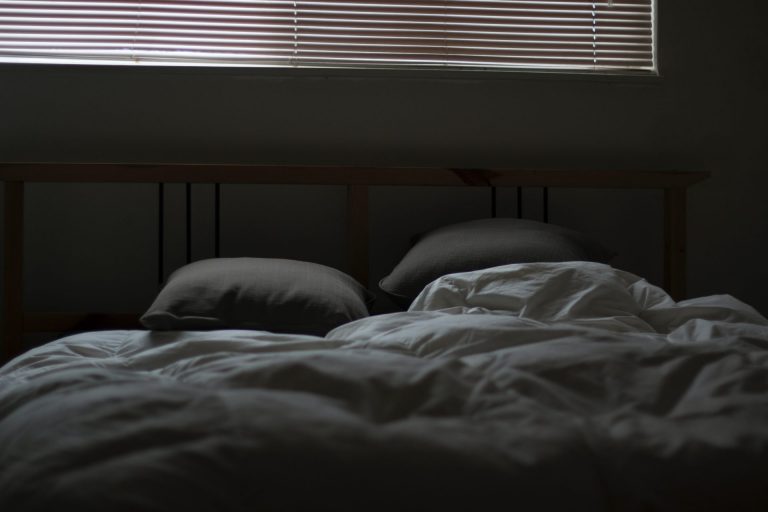Company
Pharmacy
Legal and Compliance
Contact
- info@livedoctoroncall.com
- +1 201-381-4302

Exercise Daily
While you should not exercise right before bed, you should make daily exercise a part of your everyday routine, as it has many health benefits and can aid in letting you fall asleep faster and sleep longer. Exercise can also help you avoid certain health conditions that complicate sleep, such as diabetes, restless leg syndrome, and cancer. It’s also been shown that weight loss can improve sleep due to less demand on your body and organs at rest. Lowering your body fat percentage can cure sleep apnea, which is caused by excess tissue obstructing your airway during sleep, thus preventing your body from getting enough oxygen. This causes a lot of distress to your body and forces you to wake up incessantly, preventing you from getting restful sleep.
Exercise can also help your mental health, and this benefits your sleep. Anxiety and depression can make sleeping difficult or sporadic, and exercise can help lessen the symptoms of both of these conditions.
Better sleep means you will feel like exercising because you won’t be as tired. This will create a positive feedback loop that benefits your entire well-being and promotes healthy lifestyle habits.
Avoid Excessive Use of Technology
You likely compromise your sleep if you go to bed in front of a TV, working on your laptop, or with a phone in your hand. The light from an electronic device can keep you awake, and even being on an interactive device can delay your bedtime and make it harder for you to fall asleep. Scrolling through social media or news can cause you to feel anxious or excited at exactly the time you need to be winding down for the day.
Try shutting down your tech at least half an hour before bed. Before that, change settings so you aren’t staring at a bright screen just before bed. This can help keep your body from gearing up since the lights on your screen will be at a lower setting. Store tech outside of your bedroom while you sleep, and make sure to silence your notifications so they don’t sabotage your attempts at rest.
Have a Schedule
We often think of bedtime schedules as something only children need. This isn’t the case. Setting up and sticking to a nighttime routine may be exactly what you need to get a restful night. Figure out the time you want to sleep and start moving backward from there, planning out rituals that will remind your body and mind that it’s time to sleep. For example, take a hot bath, enjoy a cup of tea, and wind down with a book. When it comes time for bed, you should feel tired and drowsy as a result of not just falling into bed after too much activity.
Create a Calm Environment
The environment that surrounds you as you try to rest can have a major impact on your sleep quality. A room that is full of chaos is not going to help you when you are trying to rest. You need a quiet space that is welcoming, tidy, and dark. Everyone likes different design aesthetics, but there are some good rules to stick to no matter your style if you want good sleep. Try to keep your bedroom tidy so it doesn’t cause you anxiety. Make sure your bed is comfortable and has your desired pillows and blankets. Don’t have bright lights on in your room before bedtime. Use small lamps to create an ambient glow until it’s time for you to switch them off for sleep.
Quality sleep is essential for your overall well-being. Prioritize your rest now to reap the benefits in the future